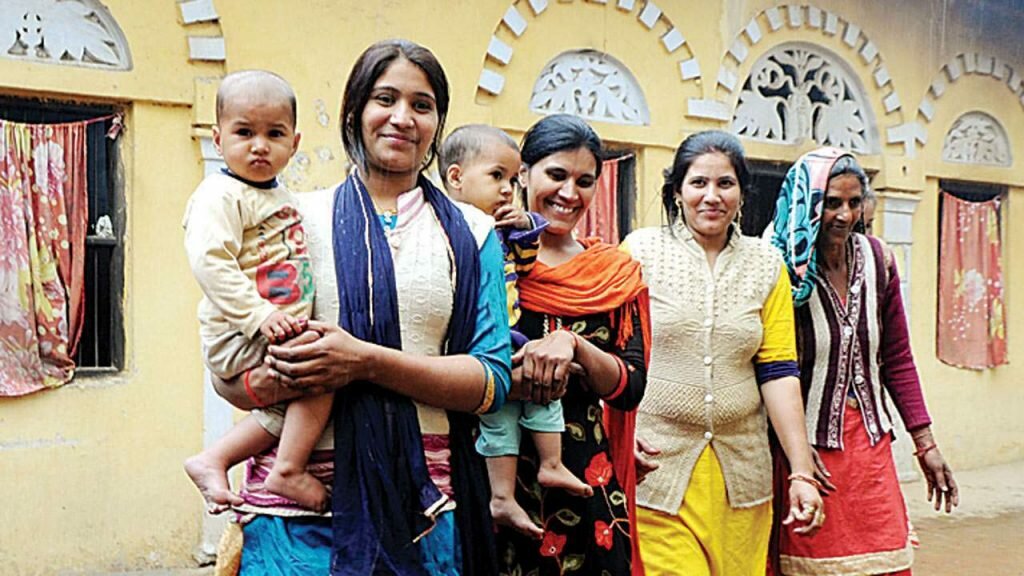On October 4, a two-judge bench of the Supreme Court comprising Justice AM Khanwilkar and Justice CT Ravikumar issued a three-page order. It emphasized its intention to examine if the right to protest is absolute under Article 14 of the Constitution, which guarantees equality before the law, or if it constitutes a violation of the constitutional right to oppose under Article 19. However, the court has turned it into a normative inquisition on the limits of the right to protest with severe implications for the democratic functioning of the Indian polity.
The right to protest involves the exercise of two fundamental rights: freedom of speech and expression under Article 19 (1) (a) of the Constitution and the freedom to assemble peacefully under 19 (1) (b) the judicial function is to examine if a restriction imposed on fundamental rights by the legislature/executive is constitutionally permissible. It is not the court’s remit to invent additional grounds and then examine if fundamental rights can be restricted on those other grounds.
Additionally, a three-judge bench of the Supreme Court in 2020 has already endorsed the position that the pendency of a constitutional challenge before the courts in itself does not deprive anybody of the right to protest.
The right to Protest is fundamental and democratic. It ensures that the citizens and general mass of India can watch over the Government’s actions and raise their voices if their decisions come undone or are not justified. It provides giving feedback to the governments about their policies and actions, after which the concerned Government, through consultation, meetings, and discussion, recognizes and can rectify its mistakes. Protesting, however, is not necessarily violent or a threat to the interests of national security or public safety. Nor is it necessarily civil disobedience when protesting does not involve violating the state’s laws. Protests, even campaigns of nonviolent resistance or civil resistance, can often have the character of positively supporting a democratic and constitutional order in addition to using nonviolent methods.
Is Protest a democratic right?

